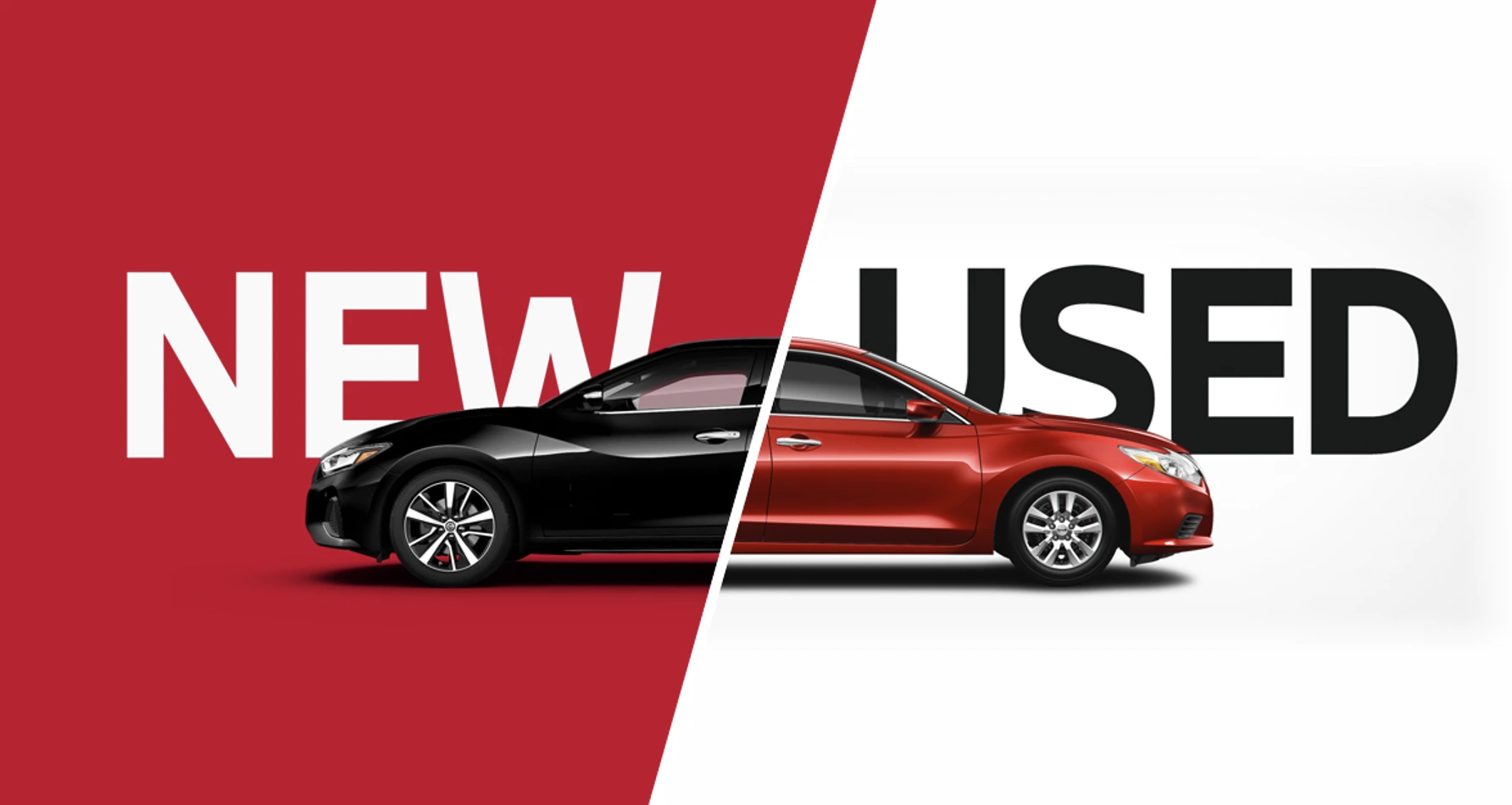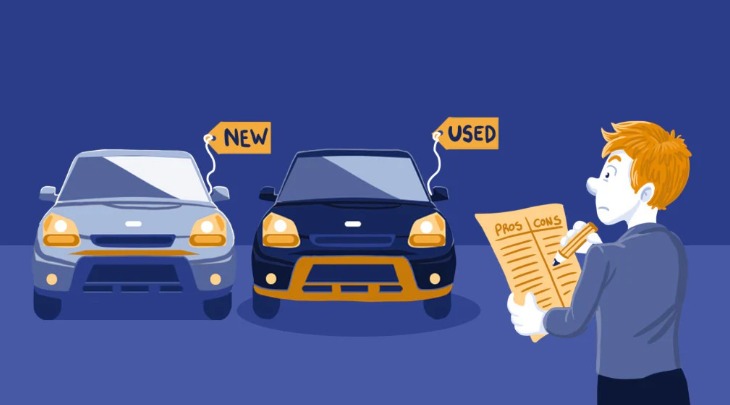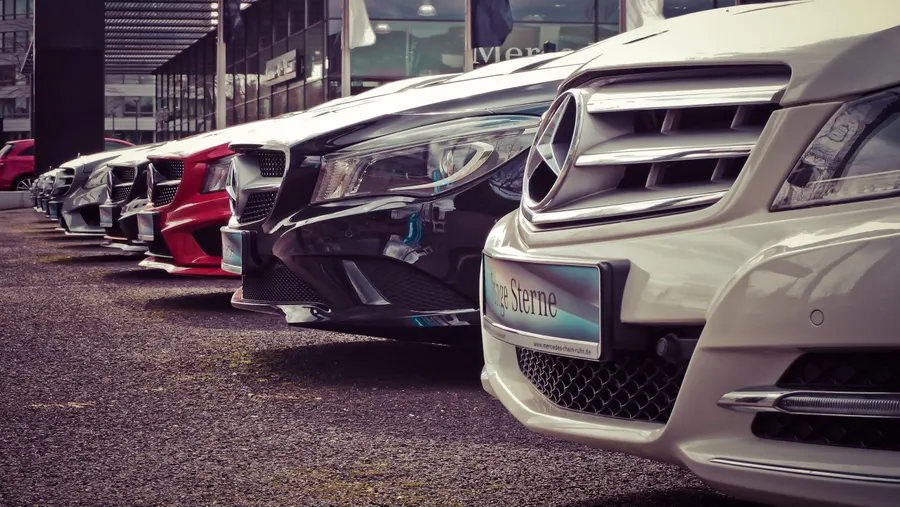
Table of Content
▼Deciding whether to purchase a new car or a used car can be a difficult decision. Both options have their own set of advantages and disadvantages. The choice largely depends on factors such as budget, preferences, and long-term goals. Here’s a breakdown of when it makes sense to buy a new car versus a used car.
Reasons to Buy a New Car
-
Warranty and Peace of Mind
One of the biggest advantages of purchasing a new car is the manufacturer’s warranty, which covers major repairs for the first few years or miles. This can provide significant peace of mind, especially if you plan to keep the car for a long time. -
Latest Features and Technology
New cars come with the latest technology and safety features, including advanced driver assistance systems (ADAS), infotainment systems, better fuel efficiency, and electric or hybrid options. If you prioritize having cutting-edge technology, a new car is the way to go. -
Customization Options
When you buy a new car, you often have the option to customize it to your liking, from color to interior finishes to performance features. If personalization is important to you, a new car offers flexibility. -
Lower Maintenance Costs
New cars typically require minimal maintenance during the first few years. This means fewer trips to the mechanic and lower out-of-pocket expenses for repairs. -
Better Financing Options
Car manufacturers and dealerships often offer lower interest rates on financing for new cars. If you qualify for special financing offers, a new car might be more affordable than you think.

When to Buy a Used Car
-
Lower Purchase Price
The most obvious reason to buy a used car is the lower purchase price. Used cars are significantly cheaper than new ones, even if they are only a few years old. This allows you to get more car for your money, whether it’s a higher trim level or a more expensive model. -
Avoid Depreciation
New cars lose value rapidly as soon as they leave the dealership. In fact, a new car can lose up to 20% of its value in the first year. With a used car, most of the depreciation has already occurred, meaning you won't lose as much value over time. -
Insurance Savings
Insurance premiums are typically lower for used cars compared to new cars. Since used cars have a lower replacement value, your insurance costs will be more affordable. -
Certified Pre-Owned (CPO) Options
If you’re concerned about buying a used car without a warranty, many automakers offer Certified Pre-Owned (CPO) programs. These cars have been inspected and refurbished to meet specific standards and often come with a limited warranty, offering a balance between new and used. -
Lower Registration Fees
In many regions, vehicle registration fees are based on the car’s age and value. Since used cars are less expensive, they typically incur lower registration costs compared to new cars.
When to Choose New vs. Used
-
Choose a New Car If:
- You want the latest technology and features.
- You prefer the peace of mind that comes with a warranty.
- You plan to keep the car for a long time and want it to be under warranty for most of that period.
- You can afford the higher initial cost and the ongoing expenses that come with a new car.
-
Choose a Used Car If:
- You are on a budget and want to maximize your savings.
- You want to avoid the rapid depreciation that comes with new cars.
- You prefer a lower purchase price and lower ongoing costs (insurance, registration, etc.).
- You are okay with having a slightly older model with fewer features.
Conclusion
Both new and used cars have their pros and cons, and the right choice depends on your personal preferences, budget, and long-term plans. If you value new technology, warranties, and lower maintenance costs, a new car might be the better choice. On the other hand, if you’re looking for better value for money, lower depreciation, and lower costs, a used car could be the smarter option. Consider your needs carefully before making the decision, and you’ll find a car that’s perfect for you!
Also Read: Hyundai Creta Electric: Everything You Need to Know About the Upcoming EV
Neha Mehlawat
Neha Mehlawat is an automotive journalist and industry analyst with 10+ years of experience covering cars, bikes, and mobility trends. She tracks the latest launches, technology upgrades, and policy changes in the auto sector, delivering sharp insights that help readers stay ahead in the fast-evolving world of automobiles.
_1736240197.webp)


_1772098099.webp)
_1772090295.webp)
_1772088394.webp)


